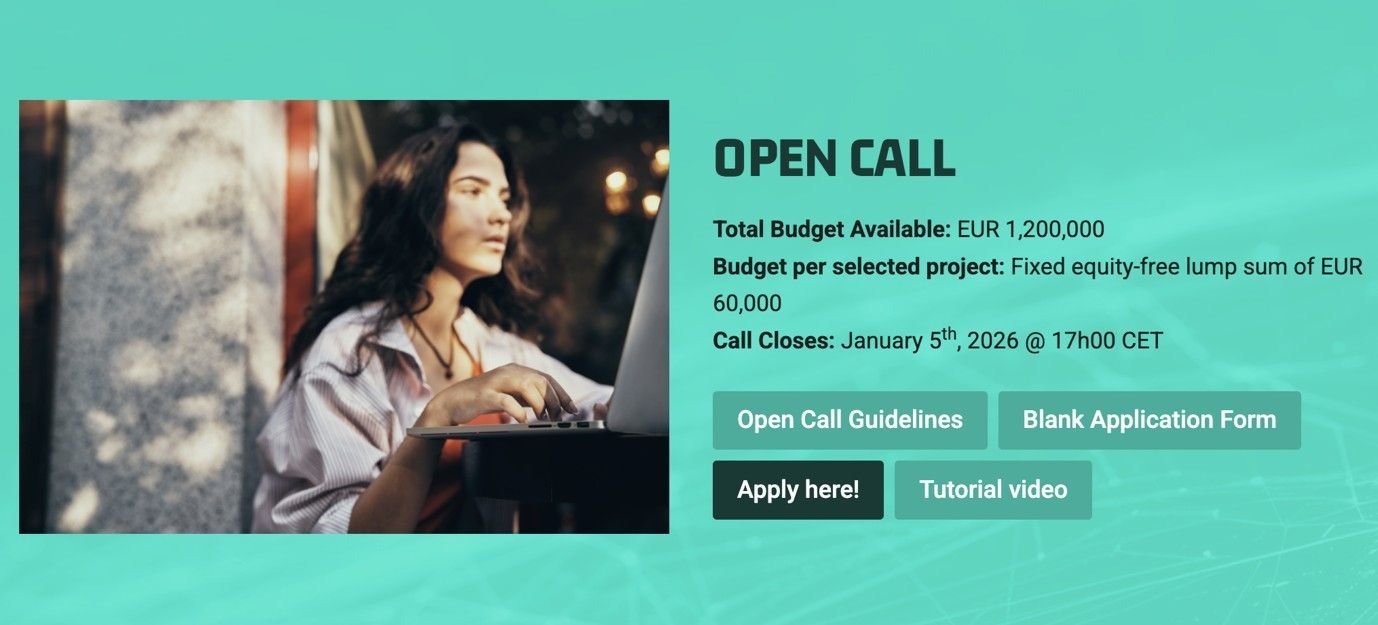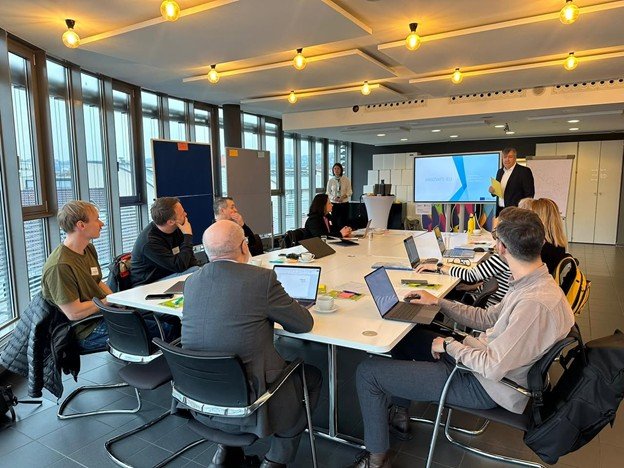The INNOVATE-EU project

📌 To address these challenges, the INNOVATE-EU project will strengthen and connect five local innovation ecosystems: the innovation leader region of Baden-Württemberg (BW) in Germany, the moderate innovator regions of Lithuania and Aragon in Spain, and the emerging innovation regions of Latvia and Northeast Romania. The goal is to reduce the innovation gap between these regions, link them to a broader EU network of innovation ecosystems, and support deep tech startups and scaleups by focusing on three key pillars:
📐 A comprehensive analysis of the target groups and needs within the local innovation ecosystems, followed by knowledge exchange and the development of an action plan to address disparities.
📐 The establishment of the INNOVATE-EU innovation support community, which will foster interconnectedness and inclusivity, linking local ecosystems with broader European communities.
📐 Direct support and training for promising deep tech startups and scaleups, providing them with the essential knowledge, tools, and contacts.
📌 The two-day meetings included interactive workshops, speeches, and networking sessions, setting the stage for impactful collaboration over the project’s 24-month duration. Moving forward, the consortium will implement targeted actions to enhance regional innovation capabilities and create a lasting impact on Europe’s innovation landscape.

📎 About INNOVATE-EU:
➡️ Project title: Strengthening European Startups through interconnected and inclusive Innovation Ecosystems (INNOVATE-EU), Project ID: 101193439
➡️ Funding: European Commission, Horizon Europe – European Innovation Ecosystems
➡️ Project funding for all partners: 1.46 Mio €
➡️ Participating countries: Germany, Latvia, Lithuania, Romania, Spain
➡️ Project duration: 01/2025 – 12/2027
Latvian Food Cluster, Steinbeis Europa Zentrum, Grünhof, Cluster IDiA, CLUSTERO - Romanian Cluster Association, AgriFood Lithuania, IMAGO-MOL Cluster, Fundación Zaragoza Ciudad del Conocimiento
15 July 2025
📌 The European Union faces several societal challenges, including the need for a sustainable green and digital transition. To overcome these challenges and maintain the EU's competitiveness and strategic autonomy, innovative and disruptive solutions are crucial. Startups and scaleups, particularly in the deep tech sector, are key drivers for these solutions. However, the EU lags behind innovation leaders like the US in terms of startup ecosystems and deep tech investments. As a result, improving the EU's innovation performance has become a top priority, leading to the creation of the "New European Innovation Agenda."